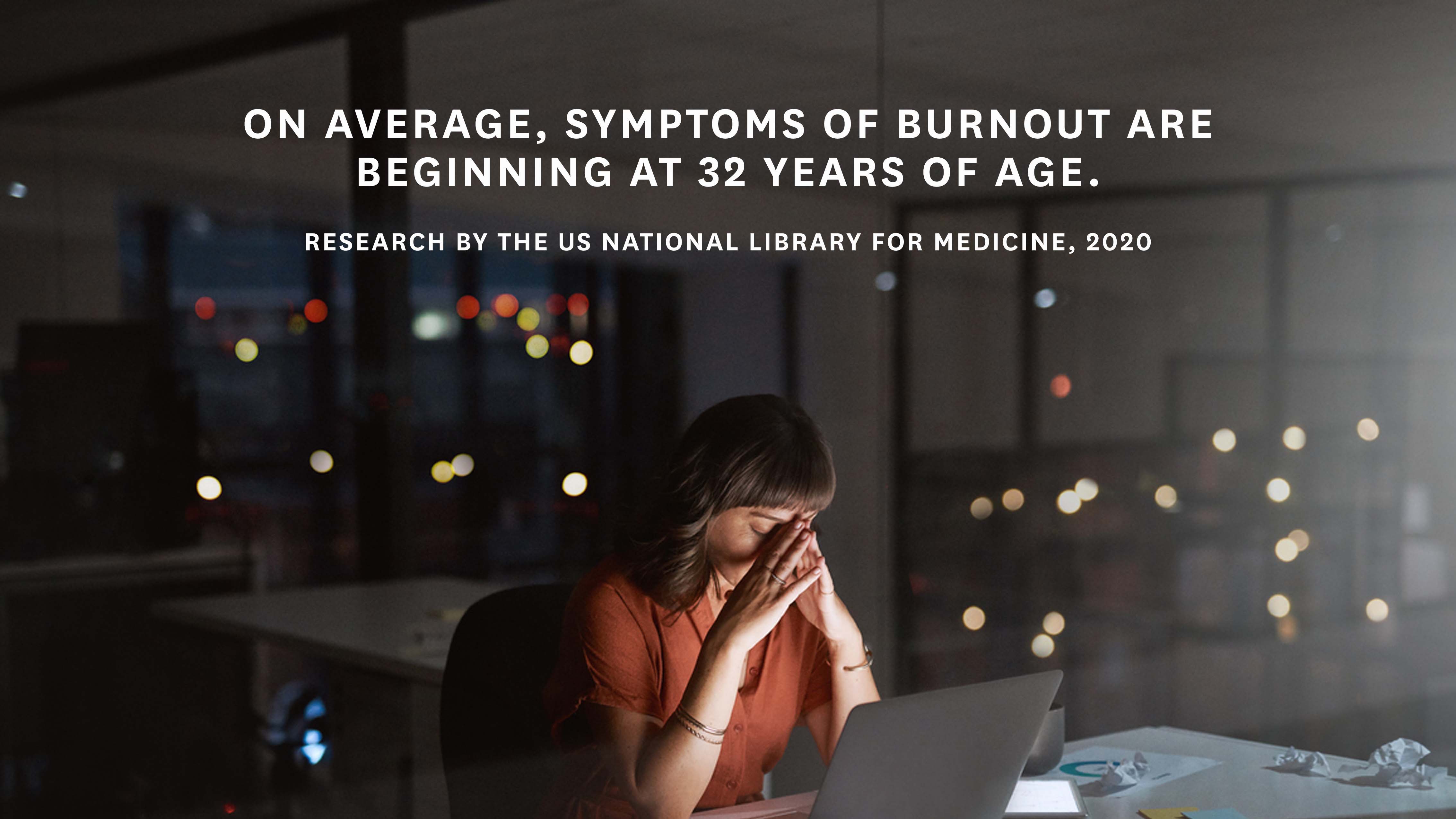It’s that time of year again. Christmas has been and gone and with cold weather and empty bank accounts, it can be difficult to maintain a positive outlook and mind-set. January can be so tough that marketers have even created a day to commemorate it – Blue Monday. But what happens when we’re still feeling down, tired and stressed even after Blue Monday has occurred? If this sounds familiar, you could be suffering from burnout.

I recently attended a webinar delivered by The Digital Marketing Institute and Paul Farrer (Founder & Chairman We Are Aspire) to learn more about burnout and what it really means.
In this blog, I take a closer look at what burnout is, why it happens and how to resolve it.
What is burnout?
According to the World Health Organisation, burnout is a syndrome ‘conceptualised as resulting from chronic workplace stress that has not been successfully managed’. ‘Job burnout’ is specifically related to work-related stress, giving ‘physical or emotional exhaustion’ resulting in ‘reduced accomplishment and loss of personal identity’ (Mayo Clinic, June 2021). While some level of work related stress is totally normal (deadlines approaching and experiencing busy periods), chronic stress is not and should be taken seriously.
Chronic stress can be defined as ‘a consistent sense of feeling pressured and overwhelmed over a long period of time’ (Yale Medicine).
Read more about chronic stress here.

What are the symptoms?
There are many symptoms of burnout, but you don’t need to tick all the boxes for it to be confirmed.
According to Paul Farrer, symptoms may include:
- Loss of energy, exhaustion, tired or drained most of the time
- Negative and/or cynical feeling towards your job/obsession with problems
- Feeling helpless, trapped
- Self-doubt
- Feeling overwhelmed
- Escapism
- Reduced Performance
Causes
Often there’s not one thing to blame. Burnout can be a result of multiple factors and the initial cause can sometimes be difficult to see. Most commonly, burnout can occur from excessive work demands, lack of recognition and lack of support.
In addition to this, working from home has brought about some new causes of burnout, including isolation and overuse of technology.
Burnout can also be linked to genetics, making some more susceptible to it than others. Read about more possible causes of burnout here.

Who is suffering from burnout?
Anyone can suffer from burnout. However, some are more likely than others and it depends on a range of varying factors. In a study carried out by Indeed, it was found that:
- ‘Fifty-three percent of Millennials were already burned out pre-pandemic, and they remain the most affected, with 59% experiencing it today’
- ‘The pandemic’s toll is also apparent among older generations. Baby Boomers show a 7% increase in burnout from pre-pandemic levels (24%) to today (31%). And at 54%, more than half of Gen-Xers are currently burned out—a 14% jump from the 40% who felt this way last year.’
(Source: Indeed, 2021).
Read more on the average age of burnout.
Solutions
To combat burnout, it is important to try and get a hold of it early. Talk to your manager or HR department about how you are feeling and begin to set limits in place that will help to mitigate the symptoms and causes mentioned above.
If you think you are suffering from burnout, it is important you take the necessary steps to look after yourself. That may be taking some time off work or limiting your working hours, ensuring to take regular exercise and to socialise when possible.
Remember, if you are suffering, there is always help available. It may be helpful to talk to a professional – follow the links below for more information.
1. Aware

Conclusion
While some level of stress is normal at times, chronic stress is not. If you feel your stress levels building up, make sure to act on it as early as possible in whatever way works for you. That may be meditation and yoga, mindfulness activities, talking to your manager about work load and ultimately, if you need it, seek professional help.
For more information, read this article from Yale Medicine on chronic stress and burnout.



